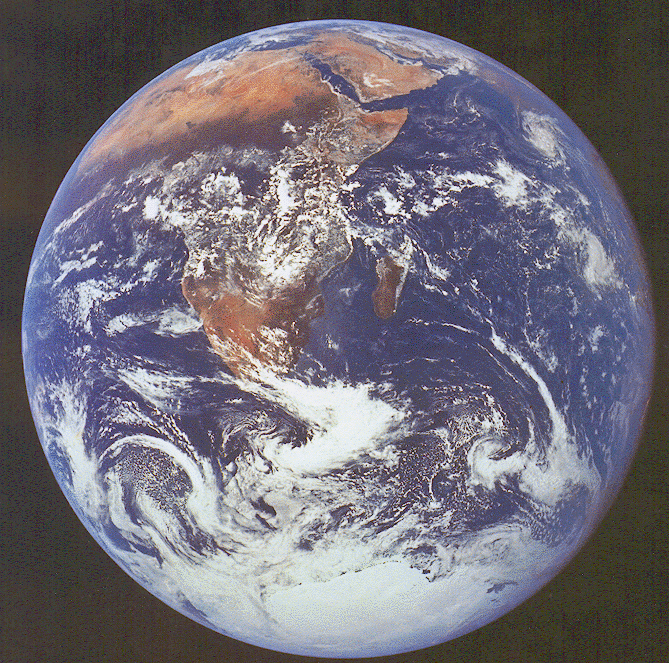Derek at Disonanz Cognitif has a post that just begs to become a blog meme. (Thanks to Mike Clawson at Friendly Atheist for pointing me to Derek's post.) Here are three of his "I am" statements (go read his blog for the rest):
I live in a world of people, animals, places, things, ideas, time, space, matter, energy, forces, galaxies, quasars, mesons, and bosons. I live in a universe that seems self-sustaining and acts a whole lot like there's no God in it. I am an Atheist.Derek explicitly avoids labelling himself in general (at the end of his post, he says "I am a person who has made a conscious choice to make no overt profession of faith or disbelief"), so it's quite a bold thing for him to make such a list as this. If you read through the comments on the Friendly Atheist post, you can see that some people don't even try to take the statements in the spirit they're intended. It seems obvious to me that Derek is trying to point out bridges. Some commenters just want to nitpick and try to impose their own definitions of terms on Derek.
I believe I have not yet sufficiently investigated the myriad of religious, spiritual experiences others claim to have had, and that there are too many well-educated, intelligent people who claim religious belief without a hint of shame, to discount the existence of an otherworld completely. I am an Agnostic.
I believe the teachings of Christ regarding positive social change and mercy to the oppressed are just a bit too clear a message of the gospel to be swept up as a minor sub-plot to securing an eternal country club membership for oneself. I am a Christian.
Going through his list, I could echo "me too" to every one of his declarations. More importantly, I think this is a great way to crack through some of the divisive oppositions in our society, if people can bother to listen.
And I think I could add a couple of entries to the list myself. Here goes ...
I delight in solving puzzles and probing mysteries. I love to discover things which can be discovered and to know things which can be known. I am determined to learn about the reality that lies beyond my subjective, biased human perceptions. I am a scientist.
I savour the taste of a good, unsolved mystery. I enjoy the potential that lies in the unknown. I could lie for hours looking up at the sky, contemplating the fact that I will never know most of what there is to be known in the universe. I am a mystic.
I refuse to let people's reproductive anatomy dictate how I treat them, except when I expect to interact directly with their reproductive anatomy. I resist sexist behaviour in myself and in others. I am a feminist.
I value the lives of all sentient animals, and cause them as little suffering as possible. I enjoy a variety of foods, but do my best to eat things whose production does not involve the deaths of feeling beings. I am a vegetarian.
I think the best hope for human well-being and betterment lies in treating one another with compassion and reason in this life, the only one we can be sure we have. I value human life above non-human life. I am a humanist.
So there it is. I invite you to add your own items, either in the comments here or, of course, on your own blog.
I know that many people will disagree with the connections I'm making between characteristics and labels. But remember, this is an exercise in seeking connections. There may be an element of exaggeration in some or all of the items, but there is also an element of truth. It is that truth, that seed of inclusiveness, of universality, that is (in my mind) the point of the whole exercise.
I think I'll close this post as Derek closes his, with a line of hope and openness.
"And yet, the spiritual journey continues."




